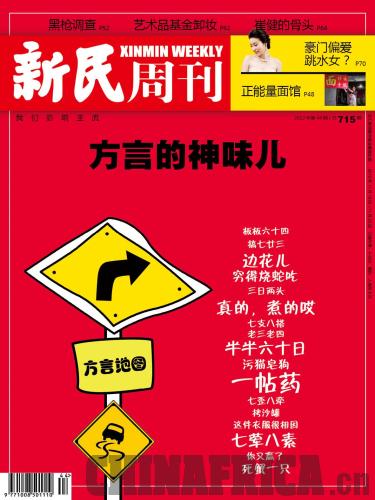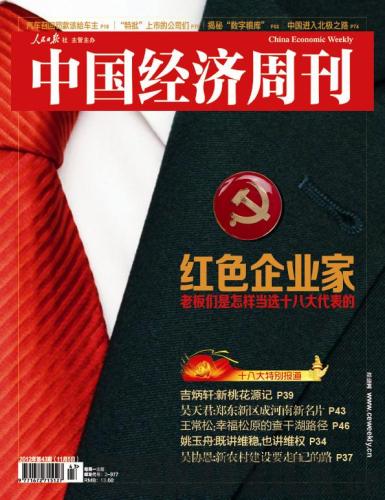| 
CAREER OR FAMILY
South Metropolis Weekly
November 12, 2012
As their social status improves, more and more Chinese women have entered the workplace. To some extent, this situation undermines the long-held tradition of couples playing divided roles of "domestic women" and "career men."
However, South Metropolis Weekly points out that many career women in China, especially those who have received higher education, prefer to escape from the strenuous workplace to become homemakers. The public's views differ on whether women should be full-time housewives. Supporters regard it as a normal social phenomenon and believe that it is fine for women to wholeheartedly devote themselves to taking care of their family and children by being full-time housewives. But opponents maintain that spending too much time at home will isolate women from society.
Nevertheless, the financial status of a family generally determines whether or not a woman will choose to be a full-time housewife. For the phenomenon of women who focus more on their families, relevant social welfare policies should be introduced, such as taxing families instead of individuals as a unit, to lessen their financial burden.

PRESERVING DIALECTS
Xinmin Weekly
November 12, 2012
To facilitate communication, China has been promoting the use of Putonghua, or Mandarin for over 60 years. After years of effort, Chinese people across the nation can fluently communicate in Putonghua, but some dialects are now at risk of extinction.
Xinmin Weekly looks at the government and NGO activists' efforts on preserving dialects. The magazine believes that, although Putonghua has become the primary communication tool in people's daily lives, on occasion, people still need colorful dialects to fulfill inner hearts' demand for easing the pain of homesickness.
Language is a carrier of culture. Various dialects reflect locals' mindsets and behaviors, and are imbued with rich cultural meaning. Qian Nairong, a linguist working to promote dialect preservation, called for the authorities to encourage students to speak in dialect outside class, as the existence of dialects depends on the passing on of dialects from generation to generation.
SMALL DONATIONS
The Beijing Times
November 15, 2012
It is reported that the Red Cross Society of China Beijing Branch will solicit small donations that can be made via cell phone text message, online and smart phone app. After several public scandals last year, this state-supported charity organization faces the challenge of improving its creditability.
Small donations will not only broaden the channels through which the organization solicits donations, but also help the development of state-supported charity organizations, as such donations will be targeted toward specific programs and recipients, enabling donors to track the use of the money. While increasing the transparency of their operations, charity organizations should seek out specific aid programs for those who need urgent help.

BECOMING DELEGATES
China Economic Weekly
November 5, 2012
One of the highlights of the 18th National Congress of the Communist Party of China (CPC) was that 34 executives of private enterprises attended the congress as delegates, allowing them to get involved in crafting Party principles and policies.
The latest issue of the magazine reviews the process of accepting entrepreneurs of private enterprises as Party members. The magazine attributed the phenomenon to the boom of the private sector of the economy in the years since China's reform and opening up in the late 1970s, and these entrepreneurs' own efforts on pursuing communist beliefs.
Zhang Xixian, a professor at the Party School of the Central Committee of the CPC, believes that private enterprise executives' discussing and participating in political affairs shows that the Party values the contribution that private enterprises have made to the national economy, and that China will benefit from the private sector's future development. This move also enables the Party to better understand the sector and guide its healthy development.
SALARY HIKE DESIRED
West China Metropolis Daily
November 5, 2012
A recent joint survey conducted by Insight China and Tsinghua University showed that salary increases are still the public's primary concern. For ordinary Chinese, a raise would bring about the greatest uplift in their personal feeling of happiness.
This mindset reflects the public's expectations for reforms to the current income distribution system. These reforms are aimed at increasing social fairness and justice and narrowing the widening wealth gap. But at the same time, the survey warns policy-makers that the public's happiness and dignity are dependent on a solid material foundation. Happiness has to be visible. Levels of basic salary and social welfare determine whether people are happy or not. |